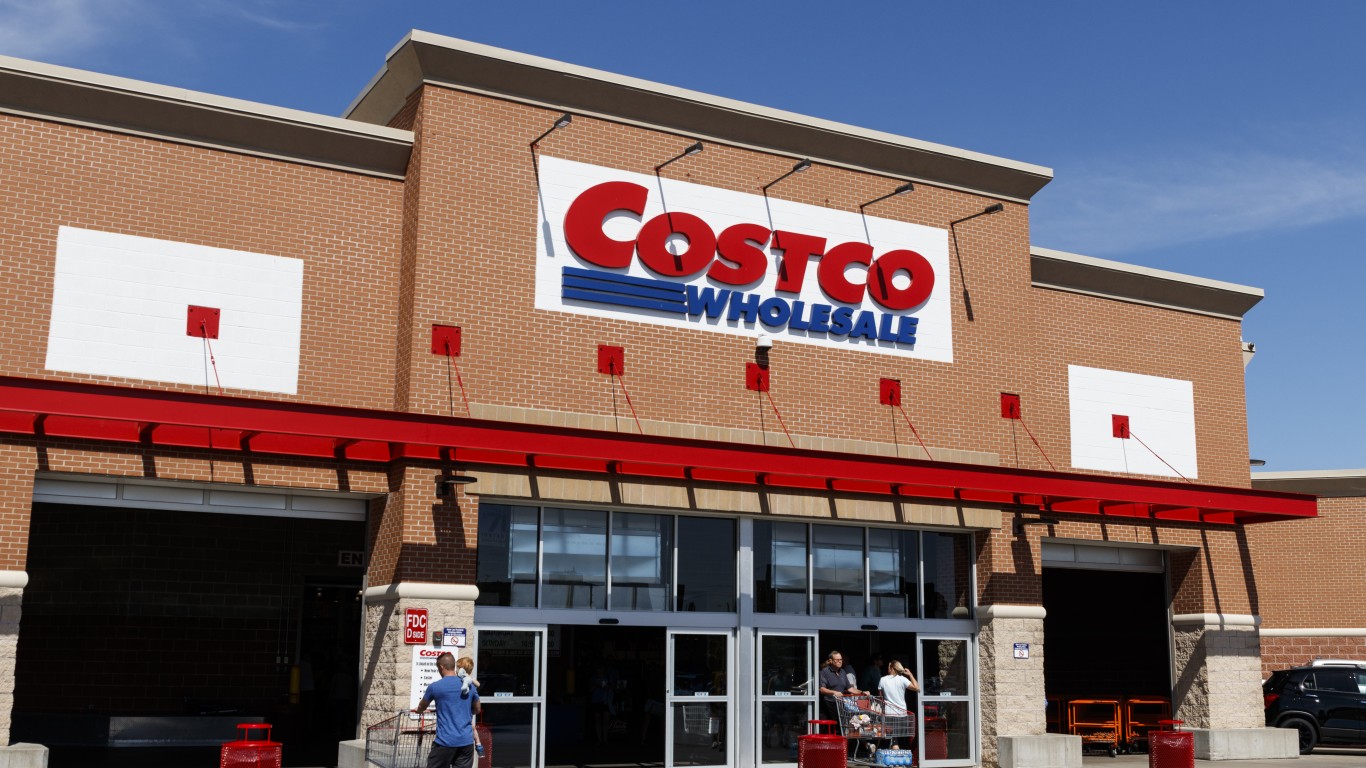

The most recent annual meeting of Wal-Mart Stores Inc. (NYSE: WMT) was held in Bud Walton Arena at the University of Arkansas Campus, the same state where the world’s largest retailer is headquartered. At the beginning of the Walmart’s annual report, there is prominent reference made to founder Sam Walton’s values. Rob Walton has been on the board since 1972 and is the retired chairman. Steuart Walton has been on the board since 2016. Behind all the employee raises, store closings and moves into e-commerce, the Walton family still controls the company and, ultimately, its direction. Recently, that direction has been successful.
When Walmart filed its most recent proxy, the company had just over 3 billion shares outstanding. The Walton family controlled 1.555 billion of those, or 51.2% of the total. The value of those shares is approximately $150 billion, which makes the Waltons one of the richest families in the world.
While the world does not see what goes on behind the scenes at Walmart board meetings, one thing is certain. The company makes no major decision without consulting the family’s leaders. Walmart’s fall from grace in the face of flat same-store growth, the battering it took from Amazon.com Inc. (NASDAQ: AMZN) over the past several years and its recent recovery and aggressive move online have the family’s fingerprints on them, even if they are hard to see.
The Walton family’s ability to control the company has been mimicked to a large extent by the founders who control some other huge public corporations. For example, Mark Zuckerberg controls Facebook Inc. (NASDAQ: FB) via a special share ownership structure. Founders Larry Page and Sergey Brin control Alphabet Inc. (NASDAQ: GOOGL), the parent of Google. In the case of these two tech companies, the founders are also CEOs. That has not been the case at Walmart since Sam Walton died in 1992. At that point, the majority vote passed to his children.
Walmart is at a tipping point. A recent surge in its shares shows that. Over the past six months, Walmart’s stock is up 30% to about $100 a share. Amazon’s is higher by 32% to $1,305. Not terribly long ago, it was unimaginable that Walmart’s stock could keep pace with Amazon’s. A series of smart strategic moves, including expansion of its online business, to some extent via acquisitions, have pushed it well ahead of other brick-and-mortar retailers, many of which have started to fade as their futures become more tenuous each year.
With the Waltons still at the helm, Walmart is in the midst of a resurgence, and they deserve much of the credit, whether they want the outside world to know about it or not.
Essential Tips for Investing: Sponsored
A financial advisor can help you understand the advantages and disadvantages of investment properties. Finding a qualified financial advisor doesn’t have to be hard. SmartAsset’s free tool matches you with up to three financial advisors who serve your area, and you can interview your advisor matches at no cost to decide which one is right for you. If you’re ready to find an advisor who can help you achieve your financial goals, get started now.
Investing in real estate can diversify your portfolio. But expanding your horizons may add additional costs. If you’re an investor looking to minimize expenses, consider checking out online brokerages. They often offer low investment fees, helping you maximize your profit.
Thank you for reading! Have some feedback for us?
Contact the 24/7 Wall St. editorial team.



